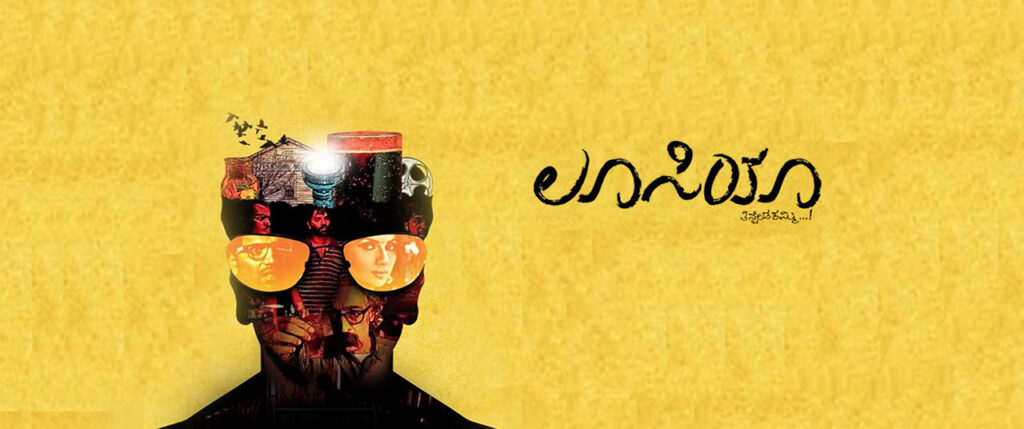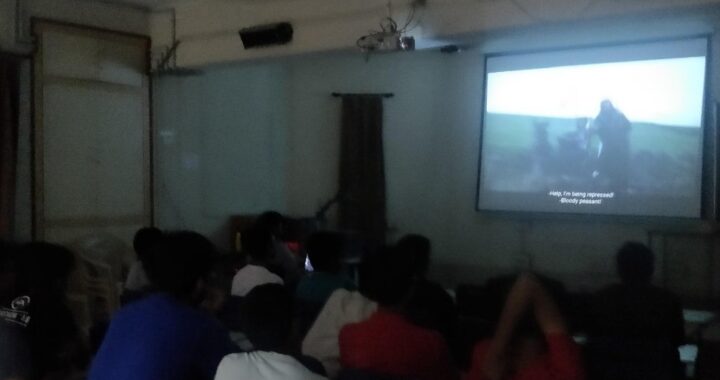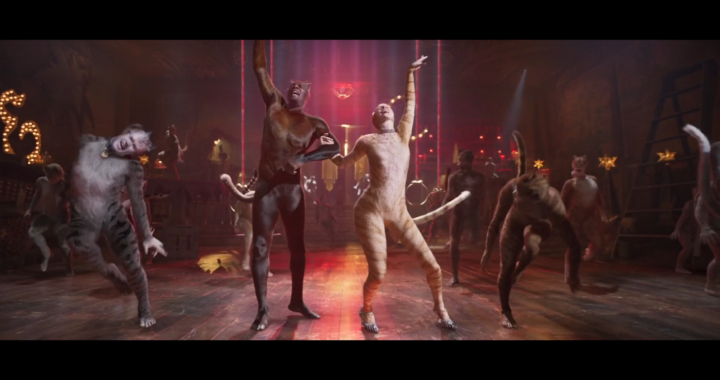I Dreamt I Was A Butterfly…

The informal genre of ‘mind-fuck’ movies is very popular in IIIT. The craving for a movie that will blow your mind, and leave you thinking for days, delivering a suspense that was otherwise right in front of your nose, and leaves you in awe, is powerful. Imagine having all that… in an Indian movie.
When Lucia was recommended to me, I started off with a usual cynicism that comes with watching Indian movies. “Sure, it might be really good, but only for an Indian movie. That doesn’t make it brilliant on the whole.” I was about to be proven very wrong indeed.
 Lucia opens with our protagonist in a critical medical condition, and a special detective investigating the events leading up to his predicament. Our protagonist is a “torch-shiner at the talkies”, who suffers from insomnia, but is soon introduced to a special dream pill “Lucia”, that make his dreams vivid. What follows is a suspenseful and mysterious ride of separating dream and reality, as our protagonist discovers love and meaning in life, while diving deeper into the world of his dreams.
Lucia opens with our protagonist in a critical medical condition, and a special detective investigating the events leading up to his predicament. Our protagonist is a “torch-shiner at the talkies”, who suffers from insomnia, but is soon introduced to a special dream pill “Lucia”, that make his dreams vivid. What follows is a suspenseful and mysterious ride of separating dream and reality, as our protagonist discovers love and meaning in life, while diving deeper into the world of his dreams.
Lucia is clearly influenced by other popular Hollywood ‘mind-fuck’ movies. Pawan Kumar, the writer-director, often seems to channel David Lynch (director of Mulholland Drive, Blue Velvet) in his manipulative technique. What is also at his disposal, however, are the masala elements of Indian cinema. Part of the beauty of Lucia is that it blends intellectual storytelling with the typical Indian cinema tropes. There are item songs, comedy, romantic banter, and the like, which are of course, entertaining, but they also leave you unhinged once the suspenseful elements hit. And boy, do they hit hard.
Lucia is also heavily influenced by Christopher Nolan in its visual and narrative style. The elements of suspense are scattered along the narrative well before the suspense is actually revealed, much like The Prestige. The visual style of Memento is directly employed, using monochrome and colour to differentiate between the two timelines (or rather, realities). And of course, when the story itself is about dreams, one can’t help but draw comparisons with the classic, Inception.
Beside Nolan and Lynch, who Pawan Kumar himself admitted to have been influences, there’s a small throwback to David Fincher’s Fight Club, in a scene from the last sequence.
Having pointed out all these heavy influences from popular Hollywood, I must also admit that at no point does Lucia feel derivative, delivering a suspenseful and original story. Somewhere between Indian movie masala and Hollywood-grade intellectual storytelling, Lucia takes on a life of its own, making it a movie for all to watch. And this is why I recommend watching it; have all your expectations shattered, and truly be “mind-fucked”.
PS: The title of my review is a reference to the famous paradox, Zhuangzi and the butterfly, which plays out in the movie. The movie itself opens with a Kannada poem by Kanaka Das, Nee Mayeyolago, which also deals with the concepts of illusion and dream. This encapsulation of fascinating philosophical ideas in Lucia makes it all the more beautiful.

 Cheap Thrills
Cheap Thrills  Why Top Gear Currently Sucks
Why Top Gear Currently Sucks  Hotel California
Hotel California  Freshers’ 2020: IIIT Watchlist
Freshers’ 2020: IIIT Watchlist  Cats – Furry Fury
Cats – Furry Fury  Yes, you can also watch anime
Yes, you can also watch anime  A perspective on sports in IIIT
A perspective on sports in IIIT  Paintings of IIIT
Paintings of IIIT  The Tale of Jagruti
The Tale of Jagruti  Cleaning up the Mess?
Cleaning up the Mess?